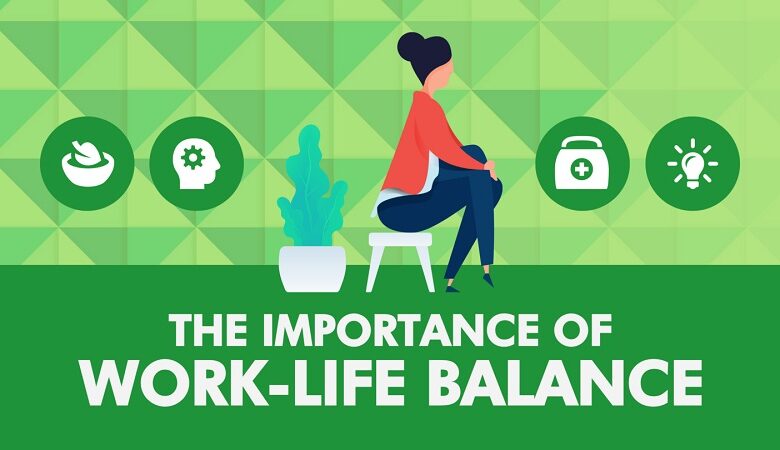Balancing Work and Life: The Debate Over Work Hours in India

Edited by Agnibeena Ghosh
In India, a recent statement by software billionaire NR Narayana Murthy, who also happens to be the father-in-law of UK Prime Minister Rishi Sunak, has sparked a nationwide debate about the appropriate number of work hours a person should dedicate in a week. Murthy’s assertion that young people should be prepared to work 70 hours a week to contribute to the country’s development has ignited a passionate discussion about work culture, productivity, and employee well-being.
During a podcast interview, Murthy expressed concern about India’s work productivity, which he described as one of the lowest in the world. He emphasized that improving work productivity was crucial for India to compete with countries that had made significant progress. In his words, “Therefore, my request is that our youngsters must say, ‘This is my country. I’d like to work 70 hours a week.'”
Murthy’s comments quickly went viral, prompting both support and criticism. The discussion extended to social media and opinion pages of newspapers, where people debated topics like “toxic” work cultures and what employers should reasonably expect from their employees.
Critics of Murthy’s statement pointed out the low starting salaries, typically offered to engineers in Indian technology companies, including Infosys, a company that Murthy co-founded. They also raised concerns about the potential physical and mental health consequences of working long hours without breaks.
Dr. Deepak Krishnamurthy, a cardiologist in Bengaluru, emphasized the negative impact on individuals’ health and personal lives. He noted, “No time to socialize, no time to talk to family, no time to exercise, no time for recreation. Not to mention companies expect people to answer emails and calls after work hours also. Then wonder why young people are getting heart attacks.”
Another aspect of the debate highlighted the disproportionately heavy workload often shouldered by women, who are expected to balance demanding careers with responsibilities at home.
The debate unfolds against the backdrop of a global reconsideration of the relationship between work and life prompted by the Covid-19 pandemic. Many individuals found that they were more productive when working from home and advocated for a healthier work-life balance.
Experts have pointed out the benefits of work-life balance policies, not only for employees but also for companies. The International Labour Organization (ILO) released a report last year, which cited a study of 45 companies in the US. The report noted that companies that implement such policies experience increased employee retention, improved recruitment, lower absenteeism rates, and higher productivity.
It’s worth noting that Indians already work long hours. According to the ILO report, even before the pandemic, Indians worked an average of over 2,000 hours each year, a significantly higher figure than the US, Brazil, and Germany. Therefore, boosting productivity isn’t solely about working longer hours, as noted by Indian entrepreneur and film producer Ronnie Screwvala. He emphasized the importance of upskilling, creating a positive work environment, and ensuring fair compensation for the work performed.
However, the issue of work hours is a sensitive one in India, where labor laws are in place, but activists argue that they need to be more strictly enforced. Earlier this year, protests from workers and opposition leaders led to the withdrawal of a bill in Tamil Nadu that sought to increase working hours in factories from eight to twelve.
This isn’t the first time Murthy has been embroiled in controversy regarding work hours. In 2020, he suggested that Indians should work a minimum of 64 hours a week for two to three years to offset the economic downturn caused by the Covid-19 lockdown. Last year, another Indian CEO faced criticism for recommending that young people work 18 hours a day at the start of their careers.
However, some business leaders in India support Murthy’s advice. CP Gurnani, CEO of IT company Tech Mahindra, argued that Murthy’s message should be interpreted more holistically. Gurnani suggested that the recommendation isn’t limited to working 70 hours for a company but also involves personal development and contributing to the country. He encouraged individuals to invest time in mastering their respective fields.
Sajjan Jindal, chairman of the JSW Group of companies, argued that a rapidly developing nation of India’s size might not require a traditional five-day workweek culture.
While India grapples with the question of longer working hours, some developed countries have been experimenting with four-day workweeks. Belgium, for instance, changed its laws in 2022 to grant workers the right to work four days a week without a salary reduction, with the aim of creating a more dynamic and productive economy.
In the UK, several companies participated in a six-month trial scheme in 2021, advocating for a shorter workweek. The trial was organized by 4 Day Week Global, which campaigns for a four-day workweek. After the trial, 56 out of 61 participating companies committed to continuing the four-day workweek, with 18 of them planning to make it a permanent change. The scheme was deemed successful, particularly in terms of employee well-being.
Currently, Portugal is conducting a similar experiment to assess the impact of shorter workweeks. As the world continues to evolve and reassess work-related norms, the debate about work hours in India underscores the need to strike a balance between productivity and employee welfare.
News Mania Desk / Agnibeena Ghosh 2nd November 2023






